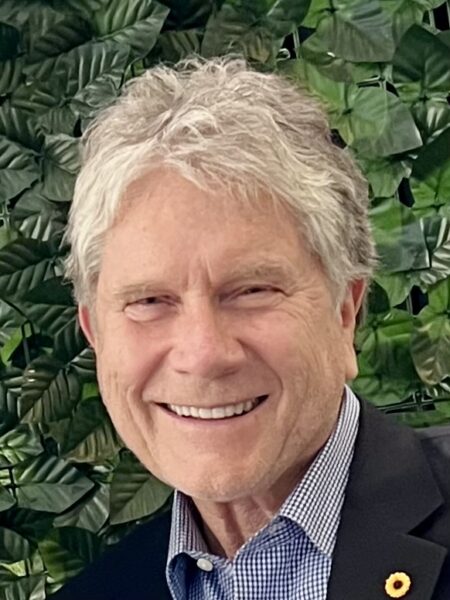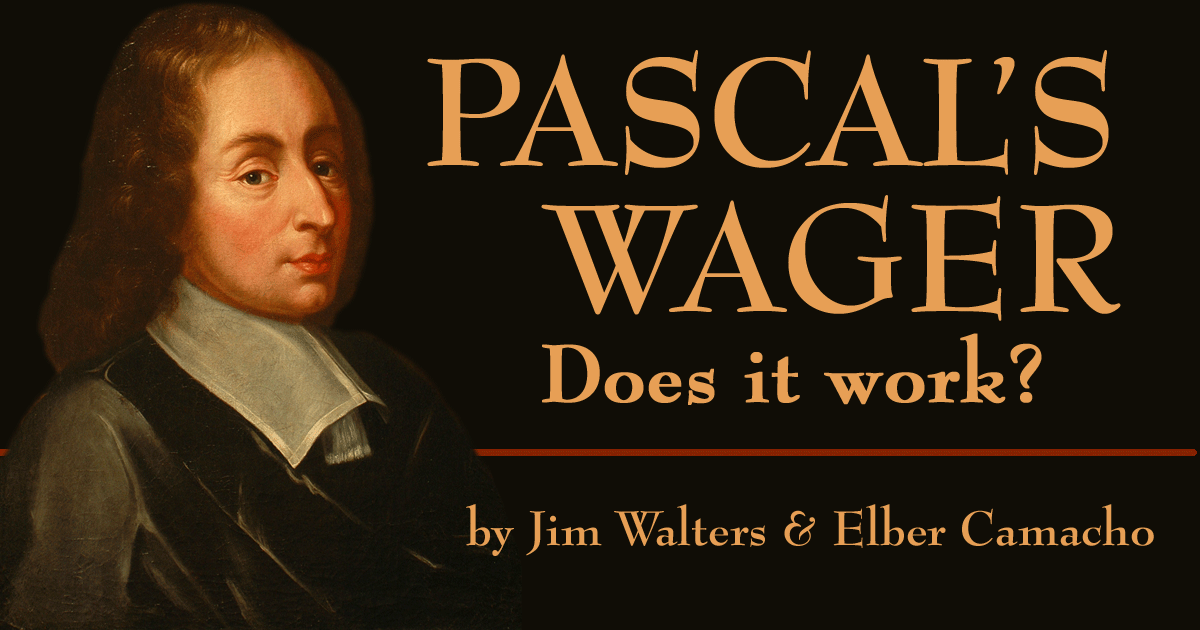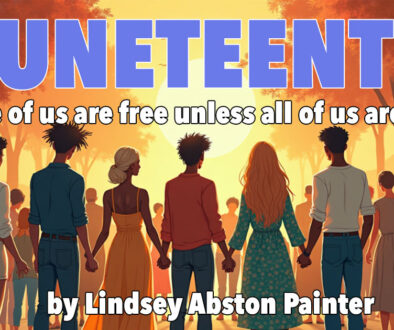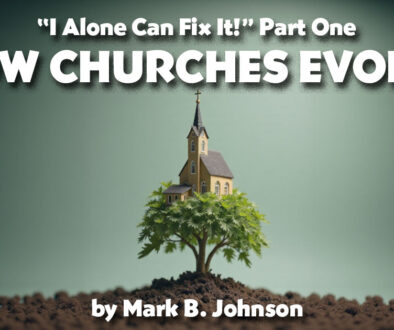Pascal’s Wager: Does It Work?
by Jim Walters & Elber Camacho | 17 April 2025 |
Blaise Pascal (1623-1662) has been criticized—appropriately, it seems to me—for trivializing a decision about ultimate reality by likening it to a wager, as though it were a Las Vegas bet. However, this nearly 400-year-old devisement does at least provide a vehicle within the context of a more enlightened Adventism for respectful friends to offer their best reasons for foundational belief or disbelief.
Blaise Pascal evangelized unbelievers by challenging them to make a reasoned wager on God’s existence.
- If God does not exist, the believer suffers only finite loss (certain earthly pleasures and luxuries).
- But if God does exist, the believer wins an infinite gain (eternal heaven) and avoids an infinite loss (eternal hellfire).
Pascal, mathematician, philosopher and theologian, writing as a faithful Roman Catholic at the dawn of the Age of Enlightenment, was trying to make religion acceptable to a questioning public that no longer accepted the Church’s dogma at face value. Pascal’s more famous contemporary, Rene Descartes, celebrated doubt in his worship of reason: “I think, therefore I am.”
But Pascal used reason as but a tool in seeing life as more than reason.
The Adventist enlightenment
Late twentieth-century to early twenty-first-century Adventism has arguably entered its own Age of Enlightenment. This development is best seen in how the church’s longstanding emphasis on education has matured. Initially the denomination established schools to provide “workers” to “finish the work.” Today, not only is educating future church employees a goal, but our universities value the pursuit of knowledge itself as a noble goal.
- Loma Linda University was established in 1906 as The College of Medical Evangelists. In 1961 its current name was adopted to better describe its broader mission of educating students for various venues of service and employment. (Of course, mission service is still an emphasis.)
- As late as the 1970s, church educational administrators commonly wondered about the “safety” of sending a candidate to an “outside” university for graduate education. Today, an individual member’s right to decide on higher education is widely respected.
- George Knight, the dean of a new breed of more objective Adventist historians, wrote in his latest book that an unenlightened view of prophetess Ellen White held sway at least throughout his education at Pacific Union College. With tongue-firmly-in cheek, he wrote that “the early 1960s was a wonderful time to be Ellen White.” She was… “inerrant, infallible, 100 years ahead of her time…and for many, verbally inspired.”
In an earlier, related essay, I referred to a friend who, as a product of Adventist education (grade-school through medical-school), took his Adventist-inculcated pursuit of truth so seriously that he can no longer conscientiously call himself an Adventist or even a Christian. I recently invited this friend, Elber Camacho, to join me in accepting an updated version of the Pascalian wager.
Elber accepted my offer. I wager Yes; Elber, in response to my argument, says No.
An updated Pascalian Wager
- If a Higher Power does not exist, the believer at best lives with a helpful illusion, and can, at worst, later realize and repent of being deluded.
- If a Higher Power actually does exist, the believer possesses a true and more wholistic view of cosmos that allows a more satisfying personal life of whatever duration—though with traditional beliefs of eternal bliss or torment relegated to a bygone era.
Jim: “Yes” to the updated Pascalian Wager
Beyond any set of propositional beliefs or denominational religious preference, my faith expresses an existential trust in being itself—in the higher powers and actions that have worked to make me who I am.
No, faith is no substitute for knowledge; it can only mature through knowledge. But faith is an essential attitude, a stance toward all of life that for me—as for many of us—began in childhood when I learned to trust the basic elements that sustained me.
As I’ve learned more, particularly about the frontiers of cosmic research and theorizing, I find myself only developing more mature and knowledgeable faith in the powers and processes that be. This train of thought is influenced by H. Richard Niebuhr, who writes that
“Our primordial interpretation of the radical action by which we are made is faith as trust or distrust. Between these two there seems to be no middle term. The inscrutable power by which we are is either for us or against us. If it is neutral, heedless of the affirmations or denials of the creatures by each other, it is against us, to be distrusted as profoundly as if it were actively inimical.”
One might argue about Niebuhr’s binary. But William James would agree. He saw trust/distrust as genuine options—meaning that not to decide for trust is to decide by default for distrust.
Now I’m keenly aware of the believing stance of both quoted authors. On the other side, learned disbeliever Bertrand Russell articulately distrusts, writing that we must build our lives on
“a foundation of unyielding despair….Brief and powerless is Man’s life; on him and all his race the slow, sure doom falls pitiless and dark. Blind to good and evil, reckless of destruction, omnipotent matter rolls on its relentless way….”
Beyond faith, the other important quality is hope. I fervently hope that Russell is wrong: that the ultimate reality is not constituted by all-powerful matter relentlessly and mindlessly ruling existence, with “sure doom” falling “pitiless and dark.” However, Russell represents most of today’s leading academics. To this kind of thinking the pragmatist William James gave a hopeful caution:
“To preach skepticism to us as a duty until ‘sufficient evidence’ for religion be found, is tantamount therefore to telling us, when in the presence of the religious hypothesis, that to yield to our fear of its being error is wiser and better than to yield to our hope that it may be true.”
Elber: “No” to the updated Pascalian Wager
Pascal’s Wager has always felt more like a gamble than a genuine search for truth. It doesn’t ask us to believe because something is convincing; it asks us to believe because it might be safer or more rewarding.
But faith built on fear or the hope of a payoff isn’t really faith; it’s hedging your bets. Belief isn’t a tactic; it’s a response to what we find true. And pretending to believe “just in case” feels dishonest—to ourselves and to any higher power we claim to honor. Conviction must come from evidence and experience, not caution. As someone who values truth, I can’t in good conscience adopt a belief system because it makes me feel better.
Jim’s updated wager claims that faith and hope lead to a more holistic view of the cosmos and a more satisfying life. But how can we know that? Many scientists—people deeply engaged with the universe—would reject that idea. They aren’t looking for a higher power to tie things together; they’re searching for laws and patterns that help us understand how the cosmos works. Their awe—and mine—comes from discovery itself, not from assigning it to something beyond comprehension.
In this wager, I say “No”—not out of fear or cynicism, but because I’d rather live with honest questions than comforting assumptions.
Jim describes his faith as “an existential trust in being itself”—a trust in the forces and processes that formed him. But to me, that sounds as skeptical a stance as a religious one. Skeptics also find meaning in the fact that we are made of elements forged in stars. Trusting in what made us—gravity, time, evolution—is not faith in the religious sense, but an acknowledgment of reality without imposing meaning beyond it.
Jim says that his faith deepens with knowledge. For many of us, knowledge doesn’t lead to faith, but to wonder at a universe that doesn’t require a higher power. Russell’s view may be bleak, but I don’t need to share his despair. Accepting a world ruled by natural laws doesn’t drain life of meaning; it grounds and frees us to create our own meaning. We can live fully, even joyfully, without assuming there is something more.
To reject the religious hypothesis isn’t to fear being wrong; it’s to choose honesty over assumption. William James invites us “to yield to our hope that [the religious hypothesis] may be true,” but for me it’s not a question of hope or fear. It’s a commitment to living in truth, as best we can understand it. That commitment is enough.
An enlightened and inclusive Adventism
Regardless of how you evaluate the strength of our opposing arguments as we’ve given them above, both of us take contemporary knowledge and claims seriously. This stance differs from that of Adventism’s current highest leadership. However, a truly enlightened postmodern Adventism knows that all truth-claims (including the above “Yes” and “No”) have a significant subjective component—making room for those who privilege a premodern/modern 1840s-1910s Adventism, as well as a postmodern 2020s Adventism.
 Jim Walters is professor emeritus of the Loma Linda University School of Religion.
Jim Walters is professor emeritus of the Loma Linda University School of Religion.
To comment, click/tap here.
 Elber Camacho is a retired oncologist.
Elber Camacho is a retired oncologist.
To comment, click/tap here.




